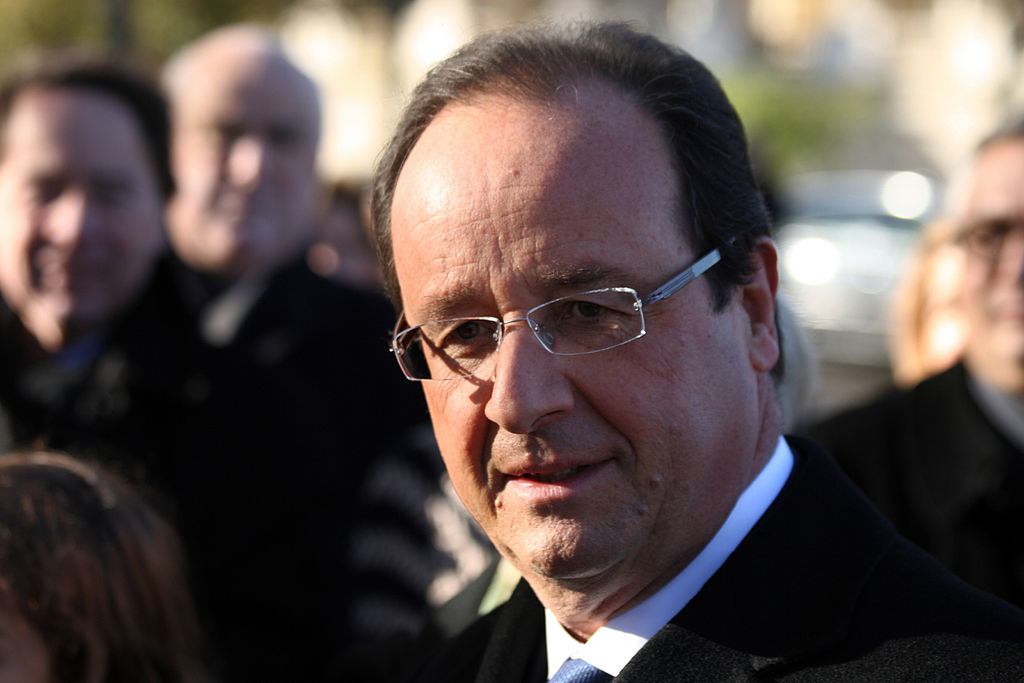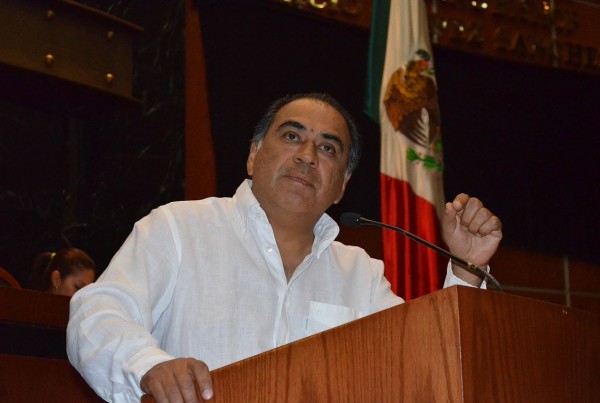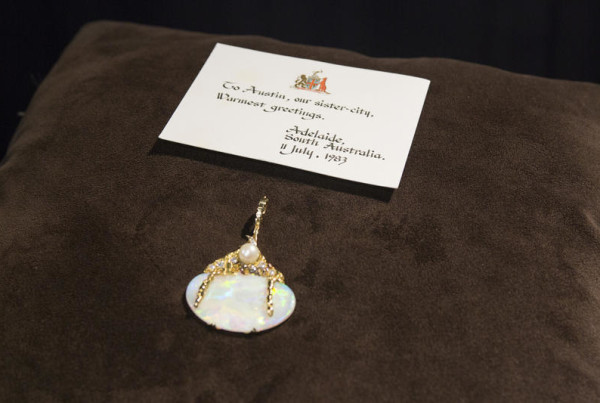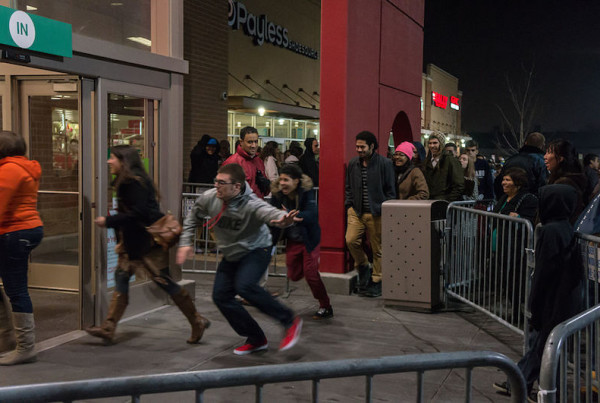Paris was attacked last Friday in what French President Francois Hollande says was an act of war. Since that declaration, Hollande has ordered planes to attack the de facto capital of ISIS, the would-be caliphate claiming responsibility for the attacks.
Hollande issued a national state of emergency, asked for the constitution to be modified and called to the world for allies willing to seek the destruction and elimination of ISIS.
It’s a question that is not on Washington’s radar rhetorically or otherwise, notwithstanding all the tricolor avatars on American Facebook accounts, and everyday pledges of solidarity on social media.
Instead, the issue at the forefront of lawmakers’ minds is President Barack Obama’s plans to admit 10,000 Syrian refugees. A Syrian passport was found near one of the bodies of an alleged attacker in Paris, and now politicians are bickering in the media over the safety of admitting refugees fleeing violence.
Neither side is giving in, and the rhetoric is sharp. Obama, on a trip to Manilla, accused Republicans of fearing of 3-year-olds trying to escape civil war. Then there’s politicians like Texas’ junior senator, and presidential hopeful, Ted Cruz firing back with words like “come back and insult me to my face.”
Where does this leave France in its effort to build a war coalition, with the potential inclusion of Russia and the United States? Ralph Carter, professor of international politics and advanced studies in U.S., Russian and Mideast Conflicts at TCU in Fort Worth, says Obama is wary of getting the United States even more involved in the fight against ISIS.
“I think that there’s no question that President Obama is extraordinarily leary of doing anything that increases the U.S. military presence in the Middle East right now,” Carter says.
Hollande isn’t the only politician pushing for the U.S. to send troops against ISIS. Republican presidential candidate Lindsey Graham has also called for more action.
“That’s certainly something President Obama does not want to contemplate here in the last year or so of his presidency,” Carter says. “He is smart enough to realize that sometimes we do silly things, or stupid things, that are clearly counter-productive in the heat of the moment, so not doing stupid stuff is not a bad guideline to follow. But here you’ve got all sorts of built-in obstacles to success.”
Instead of falling in line with Hollande’s strategy to form a joint coalition against ISIS, Obama is holding strong that the objective is for a long-term political solution. He says the first step is ending the war in Syria.
“Francois Hollande and Vladimir Putin are willing to go to the next step of military operations against ISIS,” Carter says. “However, President Obama… his argument is part of the problem in Syria is obviously the Assad regime.”
Carter says at this moment Hollande doesn’t seem to care whether or not Bashar al-Assad stays in power, and Putin wants to keep al-Assad in power.
Next week, Hollande will be in Washington, D.C. where he will presumably be trying to make the case to the U.S.
Carter says the decision will not come lightly to Obama.
“If we look back at World War I and the tremendous loss of life there, if we look at World War II and the tremendous loss of life there, I think we can see that small conflicts can easily grow into great conflagrations,” Carter says. “Certainly there’s a chance now that a number of countries might be willing to come together and it might be possible to stop ISIS in Syria and Iraq. But that’s going to cause a tremendous amount of loss of life and damage in Northern Syria and Northern Iraq.”
The question, Carter says, is would the rest of the world be okay with that price being paid.
“Historians 100 years from now might look at that, if we do it, and say a very small price was paid to save the world from something worse, but we don’t know that now,” Carter says. “When they [Russia] dealt with the Chechens they basically said every Chechen is an enemy until proven otherwise, and they just basically wiped out whole cities. That would be considered right now a war crime. But it worked.”
That may be the choice that the international community has to make, Carter says. Washington has to decide, not just are we willing to commit to the concept of what could be a great loss of life, but also to the idea that if we want a stake in whatever the outcome is we’re gonna have to be playing ball.
“You don’t get to sit at the adult table unless you participate in the adult activities,” Carter says.















